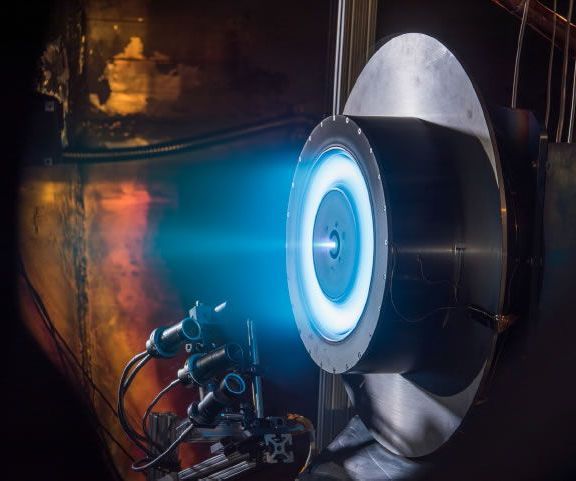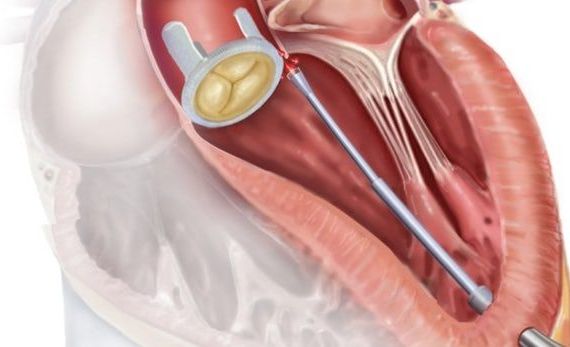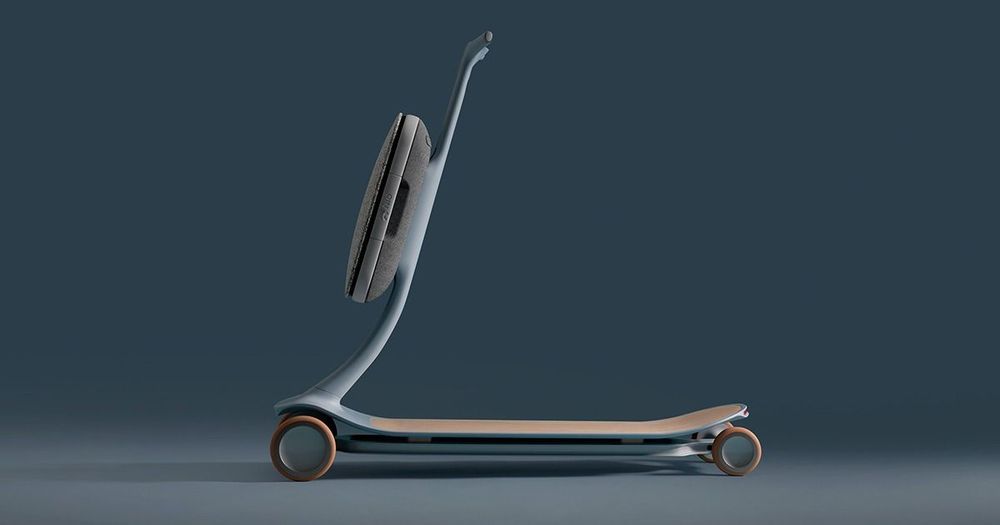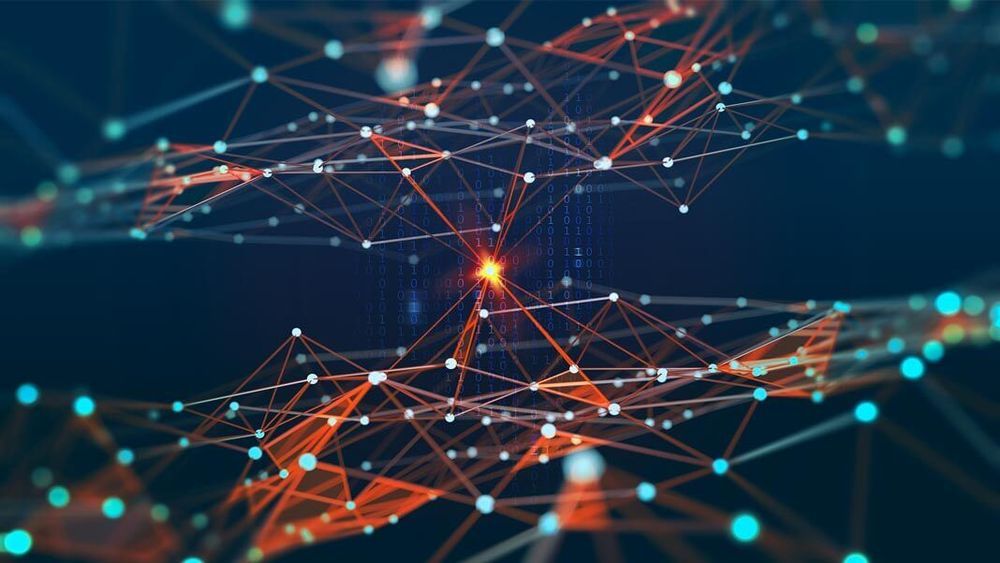THIS WEEK, I interviewed Yuval Noah Harari, the author of three best-selling books about the history and future of our species, and Fei-Fei Li, one of the pioneers in the field of artificial intelligence. The event was hosted by the Stanford Center for Ethics and Society, the Stanford Institute for Human-Centered Artificial Intelligence, and the Stanford Humanities Center. A transcript of the event follows, and a video is posted below.
Historian Yuval Noah Harari and computer scientist Fei-Fei Li discuss the promise and perils of the transformative technology with WIRED editor in chief Nicholas Thompson.






